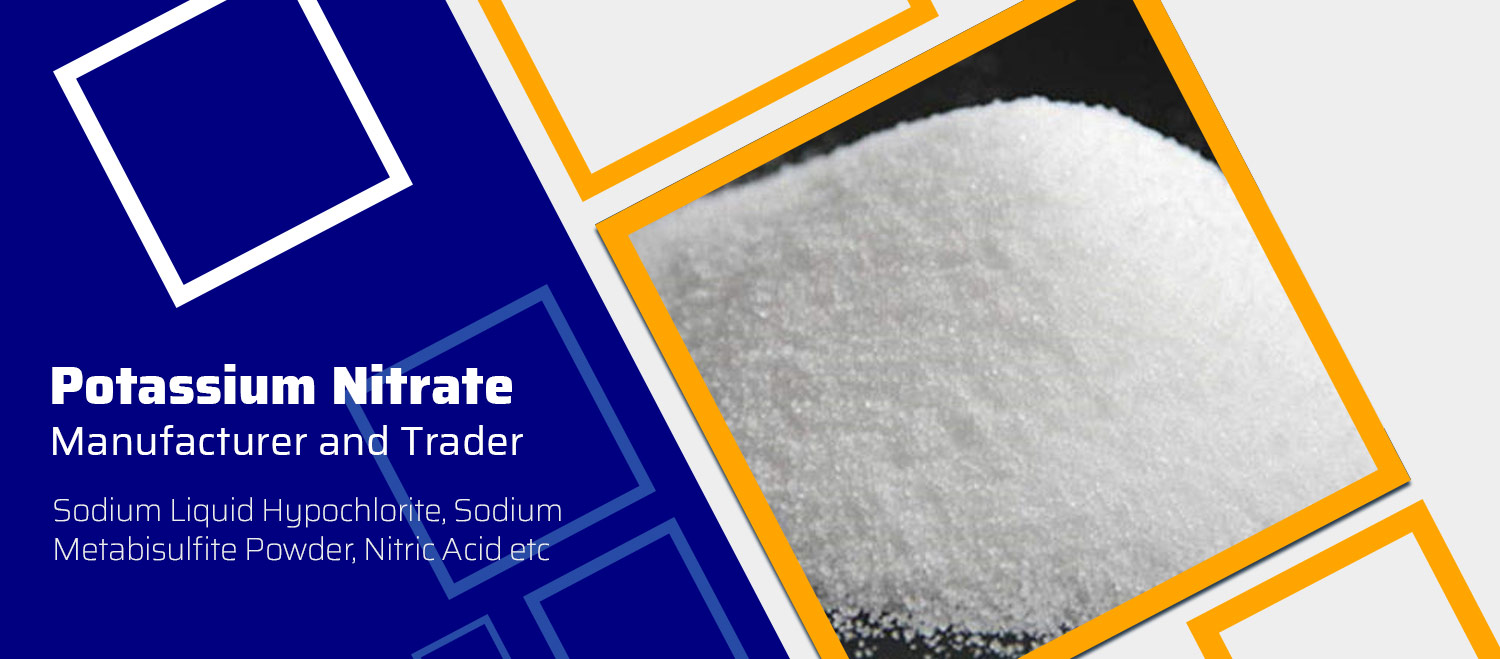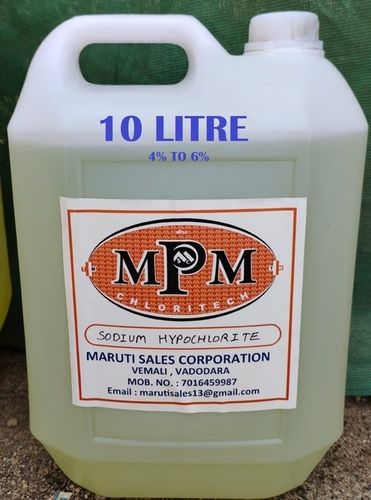- Home Page
- Company Profile
-
Our Products
- Sodium Hypochlorite Solution
- (4% To 6% ) 20 Liter Sodium Hypochlorite Solution
- (4% To 6% ) 5 Litre Sodium Hypochlorite Solution
- (10% To 12%) 50 Litre Sodium Hypochlorite Solution
- (10% To 12%)5 Liter Sodium Hypochlorite
- 10 liter sodium hypochlorite
- (4% To 6%) 50 Litre Sodium Hypochlorite Solution
- (10% To 12%) 20 Liter Sodium Hypochlorite Solution
- 50 Ltr Sodium Hypochlorite
- (10% To 12%) 10 Liter Sodium Hypochlorite Solution
- Sodium Hypochlorite Solution
- (10% To 12%) 35 Litre Sodium Hypochlorite Solution
- (7% To 9%) 50 Litre Sodium Hypochlorite Solution
- (7% To 9%) 5 Liter Sodium Hypochlorite
- (1% To 3%) 10 Litre Sodium Hypochlorite
- (4% To 6%) 10 Litre Sodium Hypochlorite Solution
- (7% To 9%) 10 Litre Sodium Hypochlorite Solution
- ( 1% To 3% ) 5 Liters Sodium Hypochlorite Solution
- (7% To 9%) 35 Litre Sodium Hypochlorite Solution
- (7% To 9%) 20 Litre Sodium Hypochlorite Solution
- (4% To 6%) 35 Litre Sodium Hypochlorite Solution
- ( 1% To 3% ) 35 Liters Sodium Hypochlorite Solution
- Liquid Sodium Hypochlorite
- ( 1% To 3% ) 50 Liters Sodium Hypochlorite Solution
- ( 1% to 3% ) 220 LITERS SODIUM HYPOCHLORITE SOLUTION
- 35 Ltr Sodium Hypochlorite
- (4% TO 6%) 220 LITRE SODIUM HYPOCHLORITE SOLUTION
- (7% TO 9%) 220 LITRE SODIUM HYPOCHLORITE SOLUTION
- (10% TO 12%) DRUMS SODIUM HYPOCHLORITE SOLUTION
- Sodium Hypochlorite Solution
- Contact Us
Showroom
From Sodium Hypochlorite, nitric acid to potassium nitrate powder, we have a wide range of water treatment chemicals. These chemicals are required for water treatment in industries, like fertilizer, cement, pharmaceutical, beverage and more.
"We are Dealing with Only Bulk Quantity Order"
 |
MARUTI SALES CORPORATION
All Rights Reserved.(Terms of Use) Developed and Managed by Infocom Network Private Limited. |






